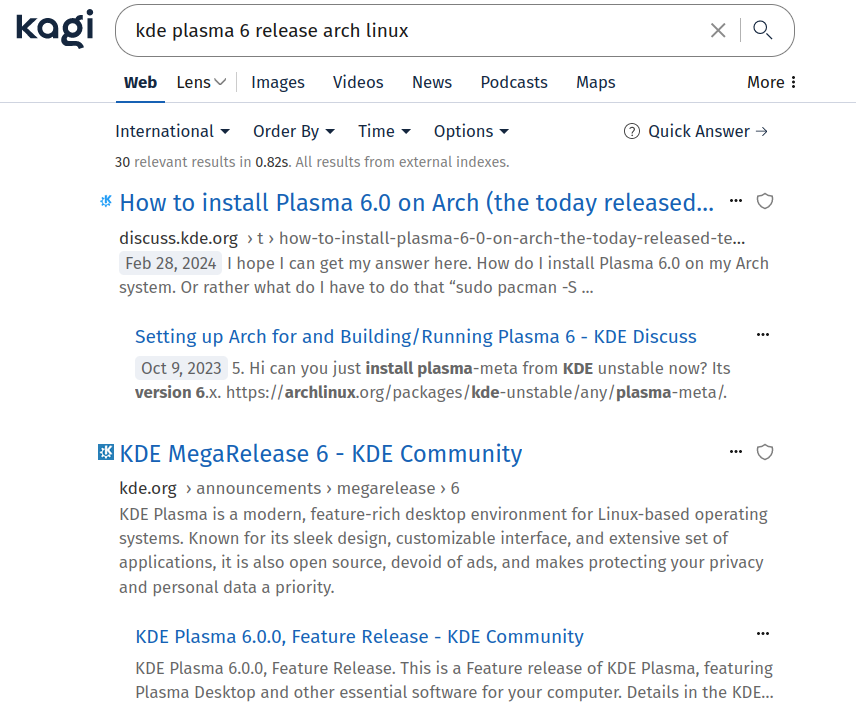

I’m not familiar with OpenSUSE or Manjaro, but if you are familiar with Ubuntu, then I would recommend either Linux Mint or Pop OS. Both are Ubuntu-based, and Pop OS has a Desktop Environment that is very similar to macOS. Pop OS is also suited for gaming with Steam, but then again, I think Steam works well on any Linux distro. The team behind Pop OS is currently doing some major revamps to the OS, but these changes are not yet released for stable use.
If you are building a new machine, I highly recommend you check to see if your HW will be compatible with Linux. You might want to pay close attention to the GPU and Wifi card. NVIDIA requires special drivers to work with Linux, while AMD works out of the box. As for the Wifi cards, depending on the wifi drivers that are installed in the distro, you may have to tinker a bit to get that to work. I recommend having the option to use Ethernet at the time you are setting up the distro, just so you have internet access to download what you need.











I’m currently on Arch, but my first distro was Linux Mint. Linux Mint eased my transition into the Linux world, as it looked and behaved almost the same as Windows. You can avoid terminal commands completely thanks to the GUI apps that the Mint team includes for updating, installing, and removing packages.
I switched to Arch because one of the benefits of Arch is that it forces you to become familiar with the various different components that make up a Linux distro. When you install Mint, pretty much everything is included out of the box. You may have to install a few proprietary drivers here and there, depending on your HW config, but overall, you get everything you need to start using your computer. You don’t have to concern yourself with a lot of things. Arch is different. Even with the
archinstallcommand that you can use to simplify the installation process, you still have much to do post-install. Audio drivers, package manager, Bluetooth, productivity apps, customization options, WiFi drivers, to name a few. And even after that, when you start daily driving Arch, you still may encounter issues that would require you to do some troubleshooting via reading the Arch Wiki or looking for similar problems on Arch forums. It can be a headache at times, but I personally feel it’s worth it.